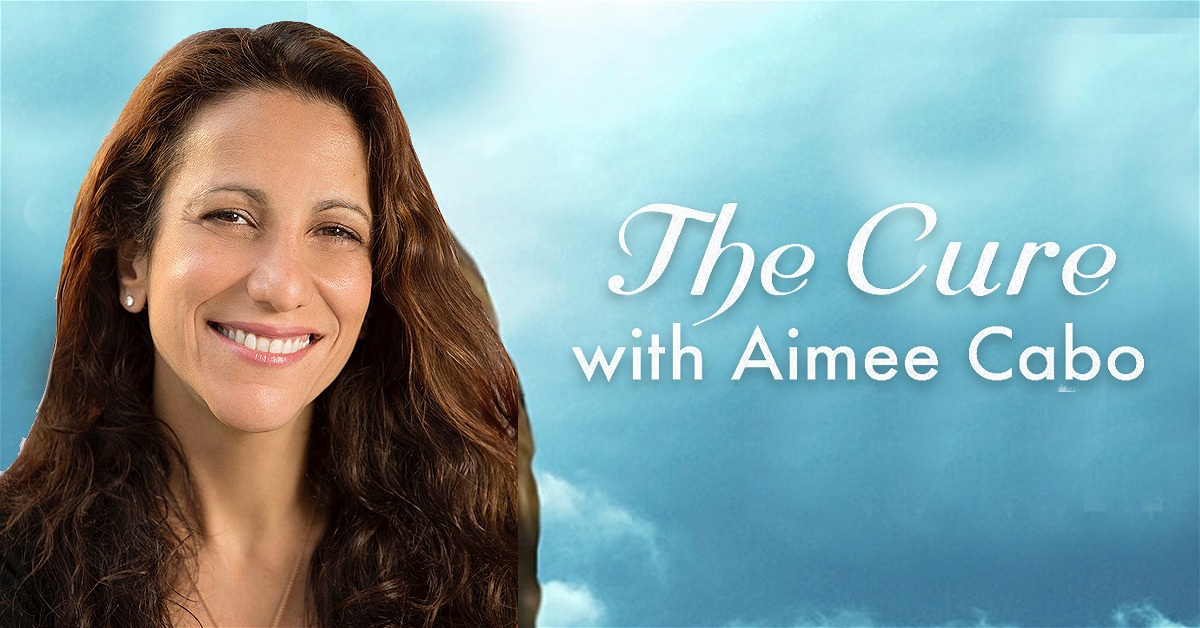Love, in its various forms, can either make or break us. This depends on who it's with and whether the relationship is healthy.
Understanding how to address grief and loss with others is paramount. Avoid using phrases such as "there are no words" or "they're in a better place," which could shut down dialogue by sending the wrong signal of dismissiveness.
Empathy
Aimee Cabo conveys that practical empathy is feeling another person's emotions. You might notice when your partner and friend argue or cringe when your friend stubs their toe. Additionally, affective empathy allows us to share in someone's illness or feel their discomfort when they are experiencing distress.
Unlike sympathy, this type of empathy does not necessitate experiencing the same emotion. For example, if someone is distressed about their job and you can sense their distress, offering comfort would be appropriate, but you would not need to vent similar frustration yourself.
Cognitive empathy refers to understanding the psychological components contributing to another's emotional and behavioral responses. It is a counseling technique to strengthen client connections and build trust. Cognitive empathy involves placing yourself in someone else's shoes and understanding their thoughts, feelings, and motivations.
Aimee Cabo focuses on the fact that empathy creates connection and understanding, which enables grievers to open up about their difficult emotions with those they trust. Being present for someone going through loss is the most authentic way of supporting them.
Grief
Grief can be an emotionally exhausting experience for those experiencing it alone, particularly if their mourning feels isolated and isolated from others. Many describe their emotions as coming in waves - leaving them feeling numb one minute and full of tears the next. Grief may cause people to question what life means, human nature, and God.
Grief can be an arduous journey, and those suffering need time and space to heal at their own pace. Grievers shouldn't avoid seeking support and assistance from others, including formal, informal, and professional resources.
Aimee Cabo points out that not everyone experiences grief in the same way. Each person may react differently to loss, and its severity can depend on factors like preexisting mental health conditions, genetic makeup and individual vulnerabilities, culture and spirituality, age and overall health conditions, as well as the nature of loss (i.e., natural disasters or violent deaths).
Be mindful that grief often returns around significant events and holidays, as these serve as reminders of what has been lost. At such times, it would be wise not to make substantial decisions or initiate significant changes that could cause regret later on.
Resilience
Resilience is an invaluable trait that can help individuals manage trauma and other challenges more easily. While resilience won't fix all your problems instantly, it can provide ways to enjoy life more fully while working stress better.
Resilience can be predicted by many factors, including genetics and social determinants; however, resilience can also be learned as a behavior. Research has demonstrated that resilient people can more successfully deal with life's challenges while experiencing higher well-being than those with lower resilience levels.
Aimee Cabo clarifies that resilient people possess solid emotional regulation skills and tend to stay connected with their feelings, including anger or fear, which they recognize and can respond to accordingly. Furthermore, resilient people possess a strong internal locus of control so that when faced with stressful situations, they focus on changing what can be changed rather than dwelling on what cannot change.
Although many things can foster resilience, the critical element is finding ways to connect with others and find meaning in your life - this could include connecting with family and friends, volunteering opportunities, or engaging in spiritual practices. Resiliency should not be seen as harmful or unnecessary as part of grieving a loss - instead, embrace it and enjoy its benefits!
Support
Grieving for a loved one can be an isolating experience, yet reaching out for support can bring significant healing. Reaching out may simplify navigating grief's treacherous terrain; well-meaning friends might unwittingly shut down conversations by saying things like "there are no words" or "they're in a better place." Yet knowing others care for you and acknowledge your suffering can bring comfort.
Aimee Cabo highlights that grief can be an ever-present reality in your life, yet it can sometimes demand immediate attention and self-compassion. While stages of grief are occasionally overused, it is more beneficial to honor where you are on your journey and pay attention to how you're feeling right now.
Grieving can be a painful journey, and love is an invaluable source of strength that can help ease its intensity and honor your loved one as you work through the stages. Authentic and genuine affection can transform weakness into strength as it allows us to weather challenges and push through sorrow; by choosing love deliberately, you'll find strength to endure life's trials while opening yourself up to accepting gifts that arise through them.





Comments